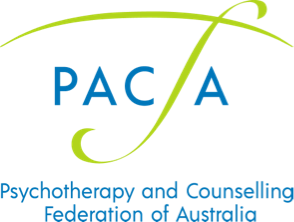Counselling for Depression
Depression can be deeply debilitating and 1 in 7 of us will experience it in our life. People who experience depression often feel isolated, misunderstood and alone in their suffering. They feel an overwhelming sense of disconnection and hopelessness. Depression (as most of you are aware) is a form of mental illness characterised by a persistent feeling of sadness and loss of interest. It affects a person’s thoughts, feelings, behaviour, and sense of well-being. It is accompanied by a range of symptoms such as altered sleep patterns; change in weight and appetite; lack of motivation, fatigue; worthlessness/inappropriate guilt; mood changes such as increased levels of irritability, anxiety or anger; and recurrent thoughts of death or suicide.
Depression is a serious mental illness its causes are diverse and complex with many contributing factors including a person’s environment, biology, psychology and social structure. Furthermore, depression is often persistent, this means that frequently sufferers will feel like they are a burden to others and begin to blame themselves for how they feel. This in turn isolates them further as they move away from friends and family or keep their suffering to themselves as they feel a sense of guilt. Unfortunately this moving away can take them into a place of shame, pessimism, insecurity, self blame, hopelessness and further disconnection. The opposite of what they need.
The most successful treatment of depression has been found to be a combination of medication and Psychotherapy. From a Gestalt Psychotherapy perspective in order to break the cycle of depression (along with medication if required) the road to recovery for people with depression must include reconnecting with themselves, others and forming functional supportive relationships.
As a Gestalt Psychotherapist I have found that those suffering with depression need to feel safe, heard and accepted for where they are without forcing them to be anywhere else. It is about providing an invitation for them to move towards connection through feeling confirmed in their experience, normalised and empathised with. ‘It is not your fault.’ This confirmation and invitation toward moving into connection with others plays a vital role in the recovery process. Here a person with depression can, hopefully, learn to trust enough to allow another back in. To share their deepest, darkest thoughts and beliefs with someone and have it heard, understood and held, without shame taking over and preventing connection. This in itself can be transforming as it restores a sense of trust in self and other, supporting change in their current situation.
Lastly, depression has been described as a cognitive triad: the self is worthless, the world is unfair and the future is hopeless. Thus people with depression experience negative perceptions of self, one’s future and the world in general. Therefore once trust has been established and their story told and confirmed a large part of the therapeutic work is to address those irrational beliefs and provide the support required to help the client form a more realistic perspective of themselves and their world.
Depression is difficult to recover from and relapse is unfortunately common, however with the right ongoing support and connections HOPE can be experienced, self worth built, the world can begin to look fairer and the future more optimistic!
If you are struggling with depression reach out to people you trust, seek support and begin to reconnect.






